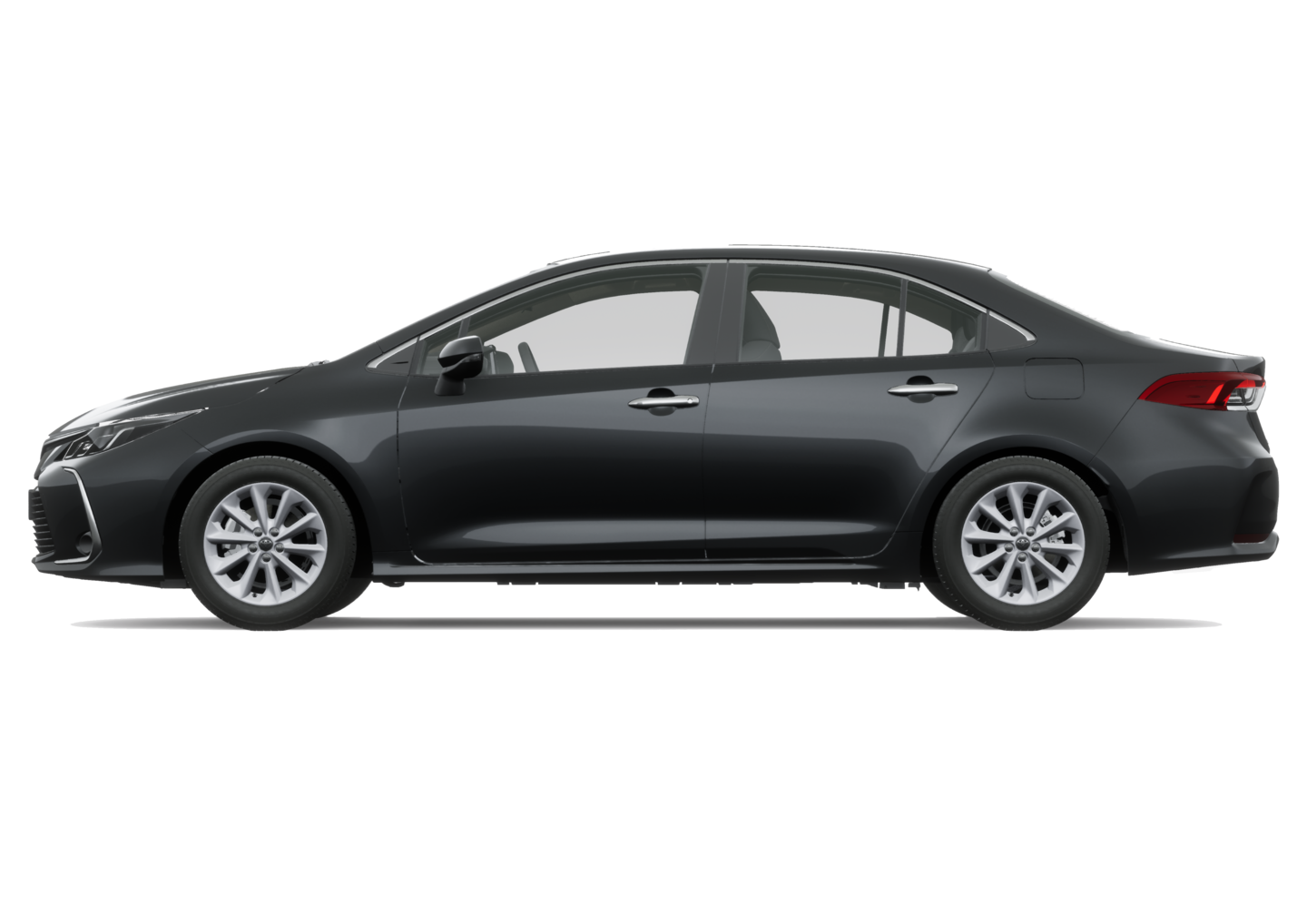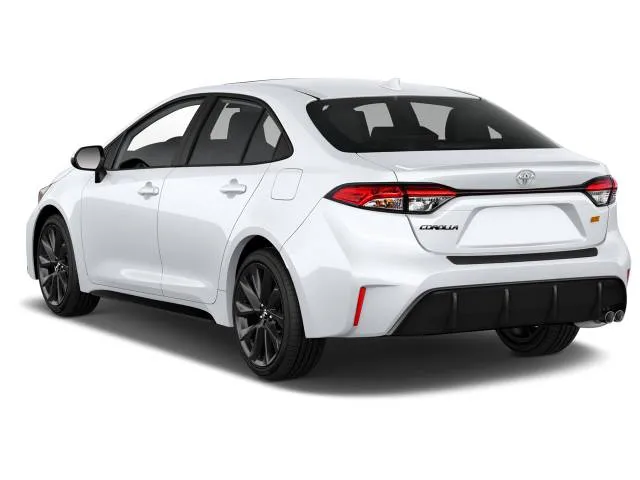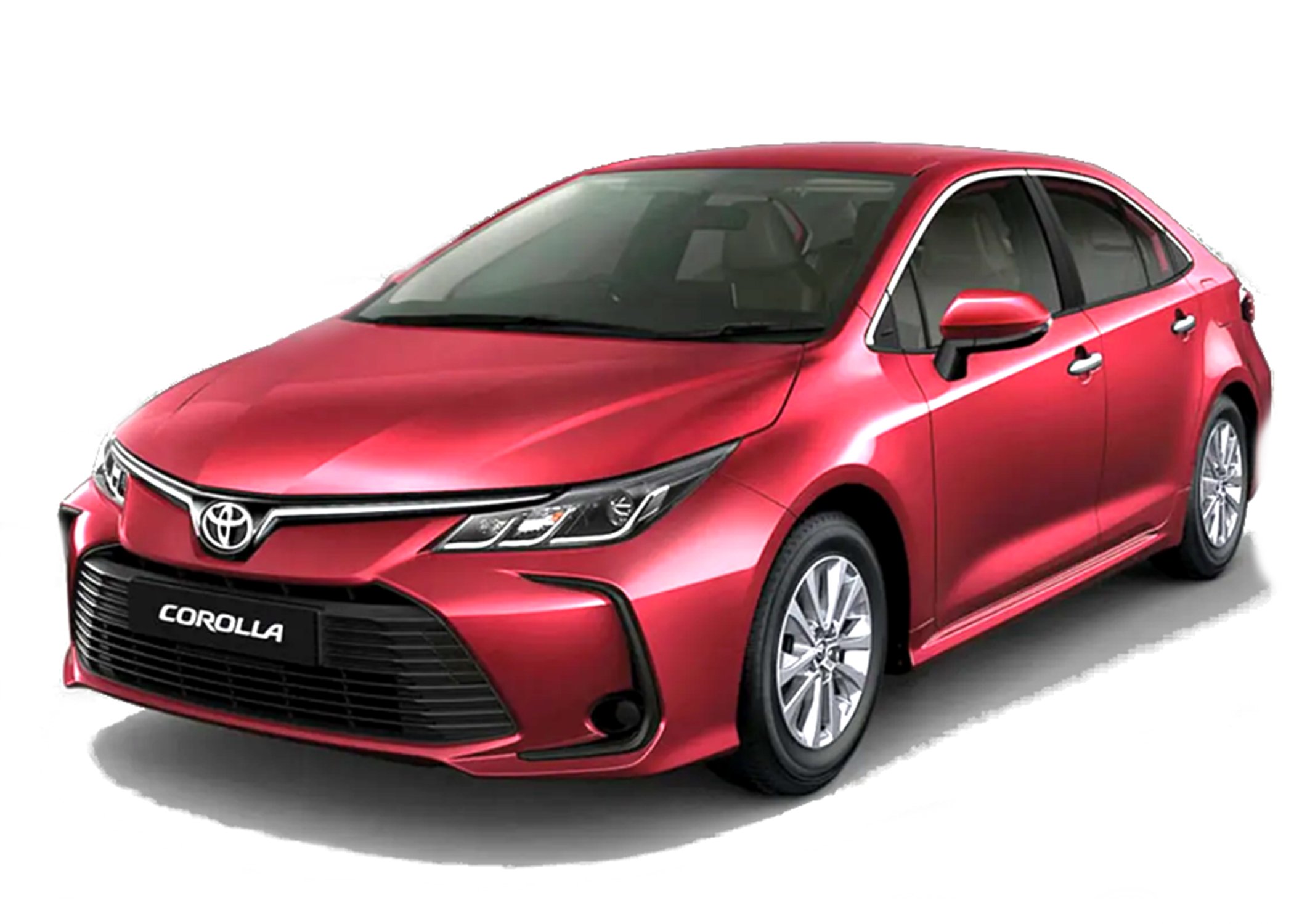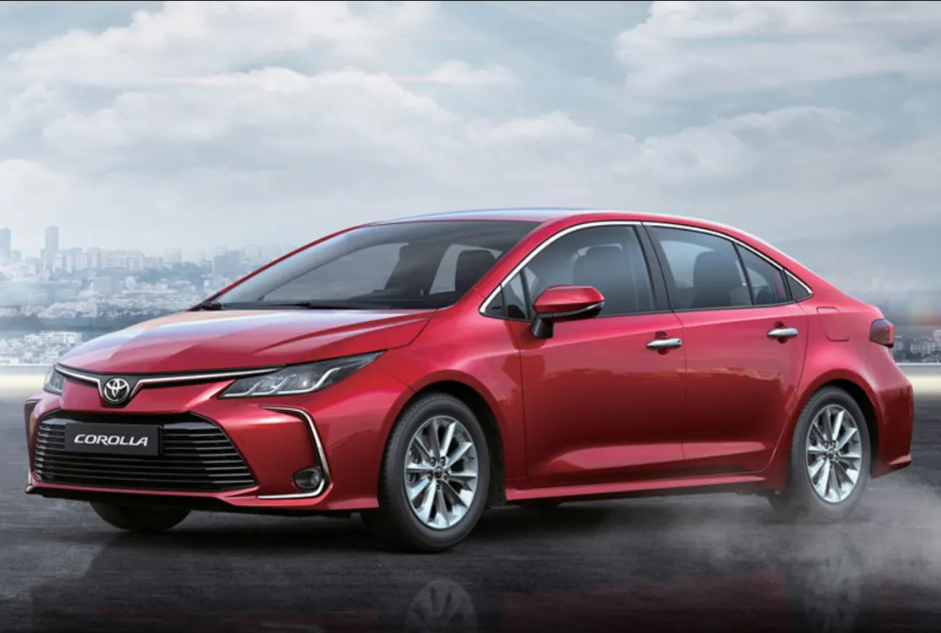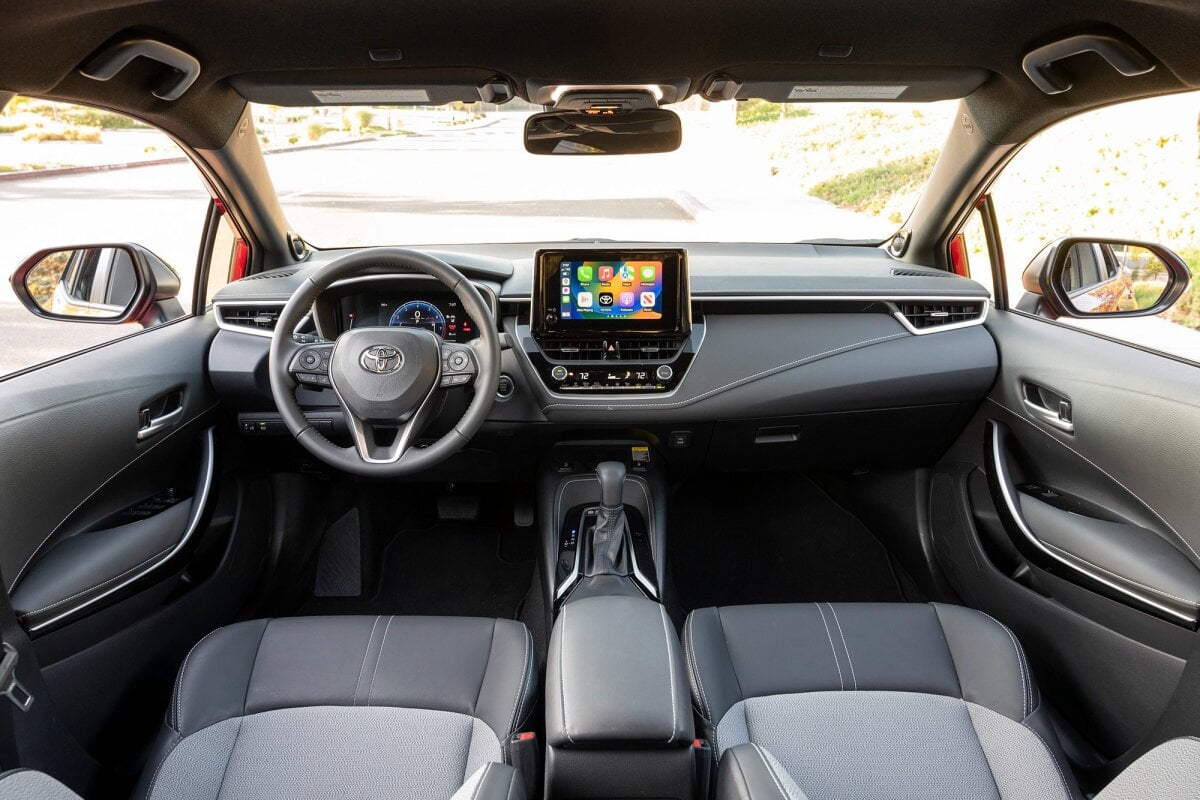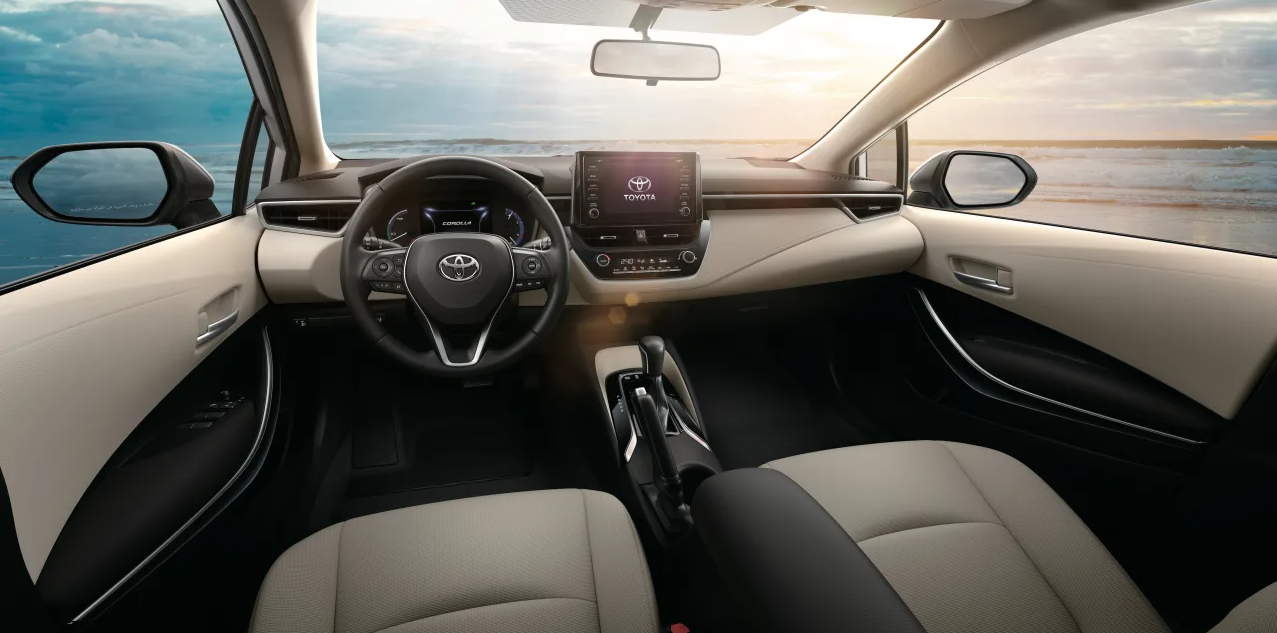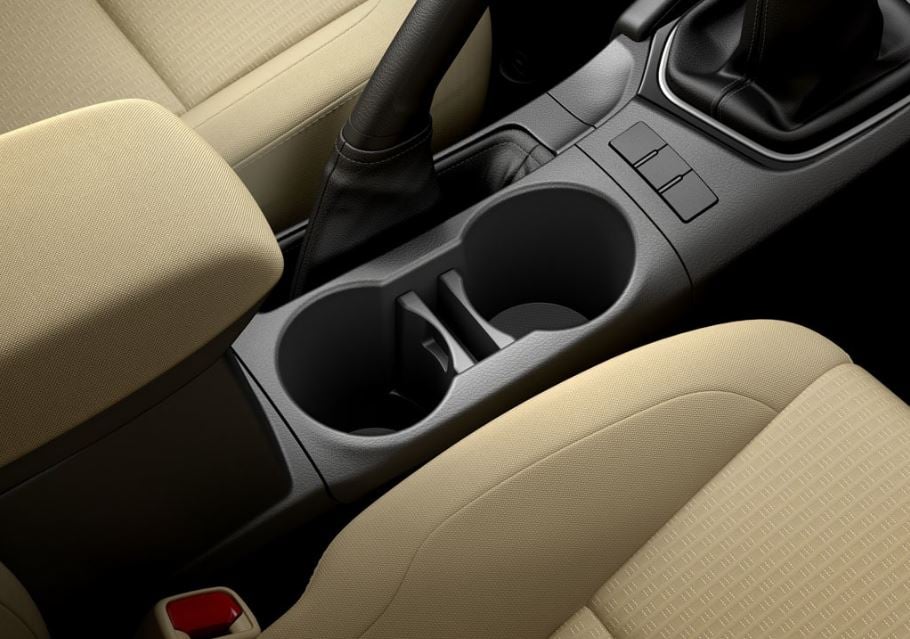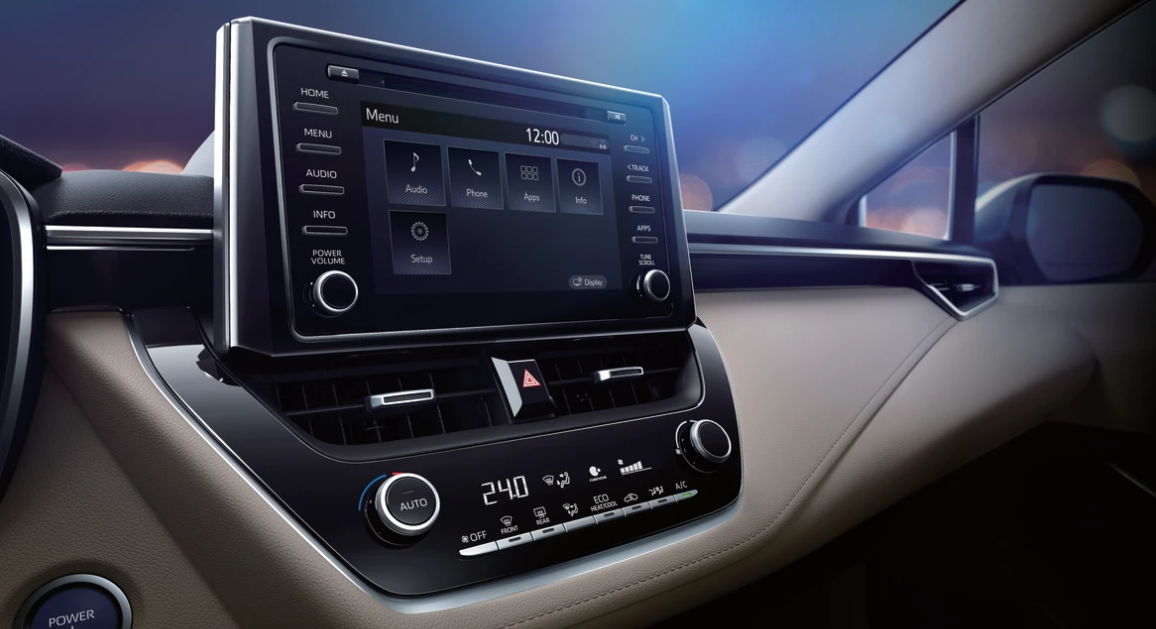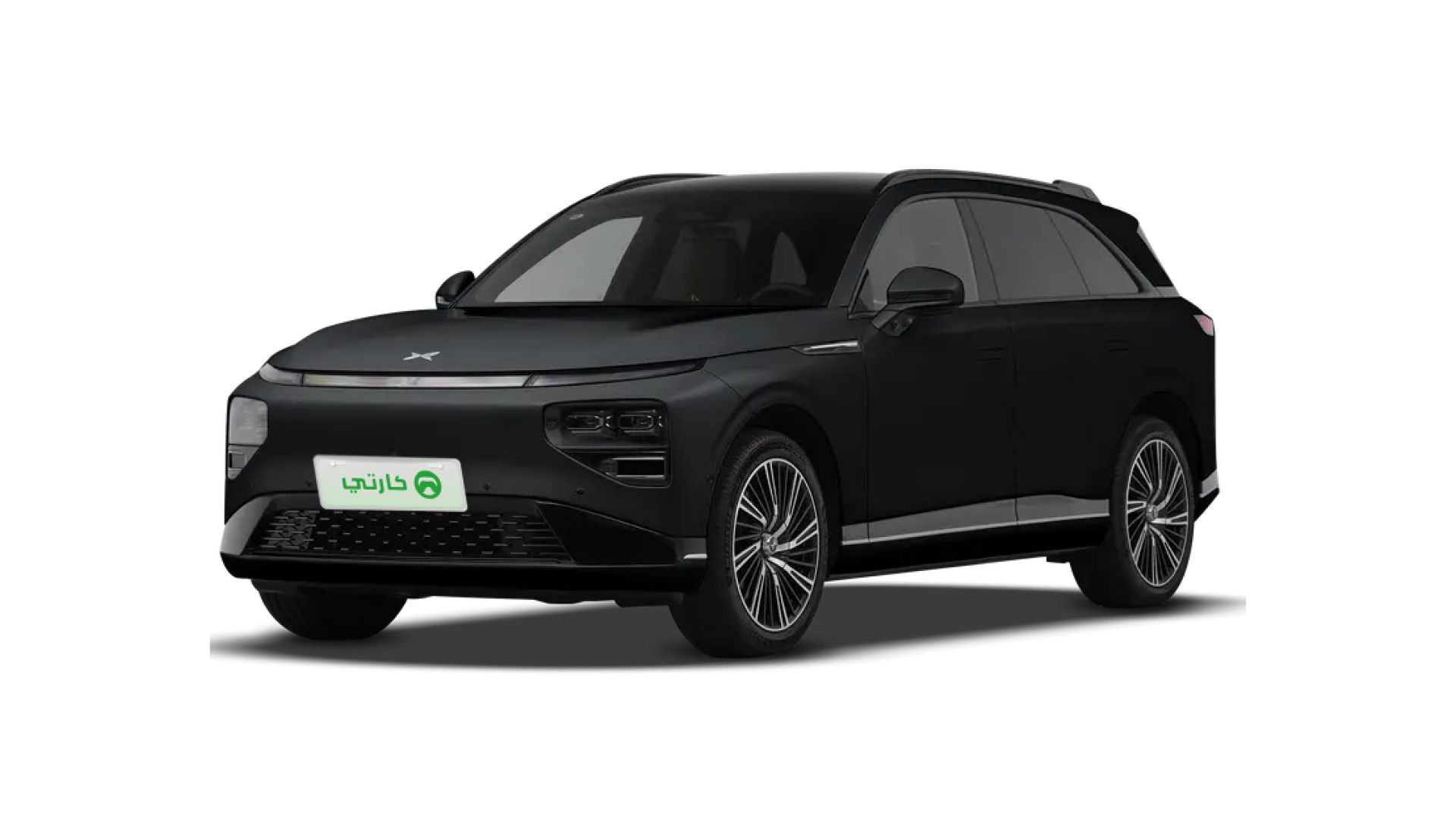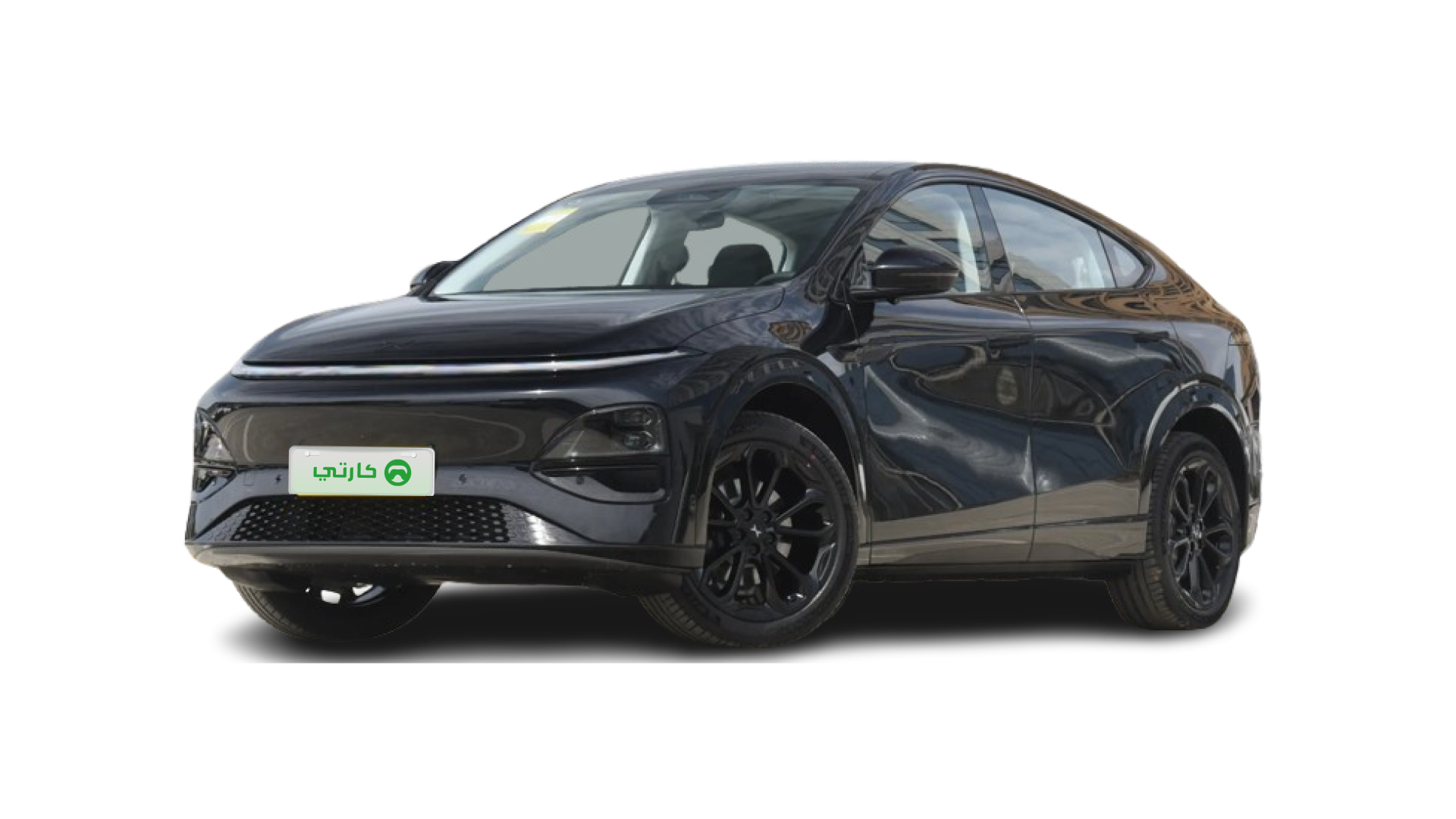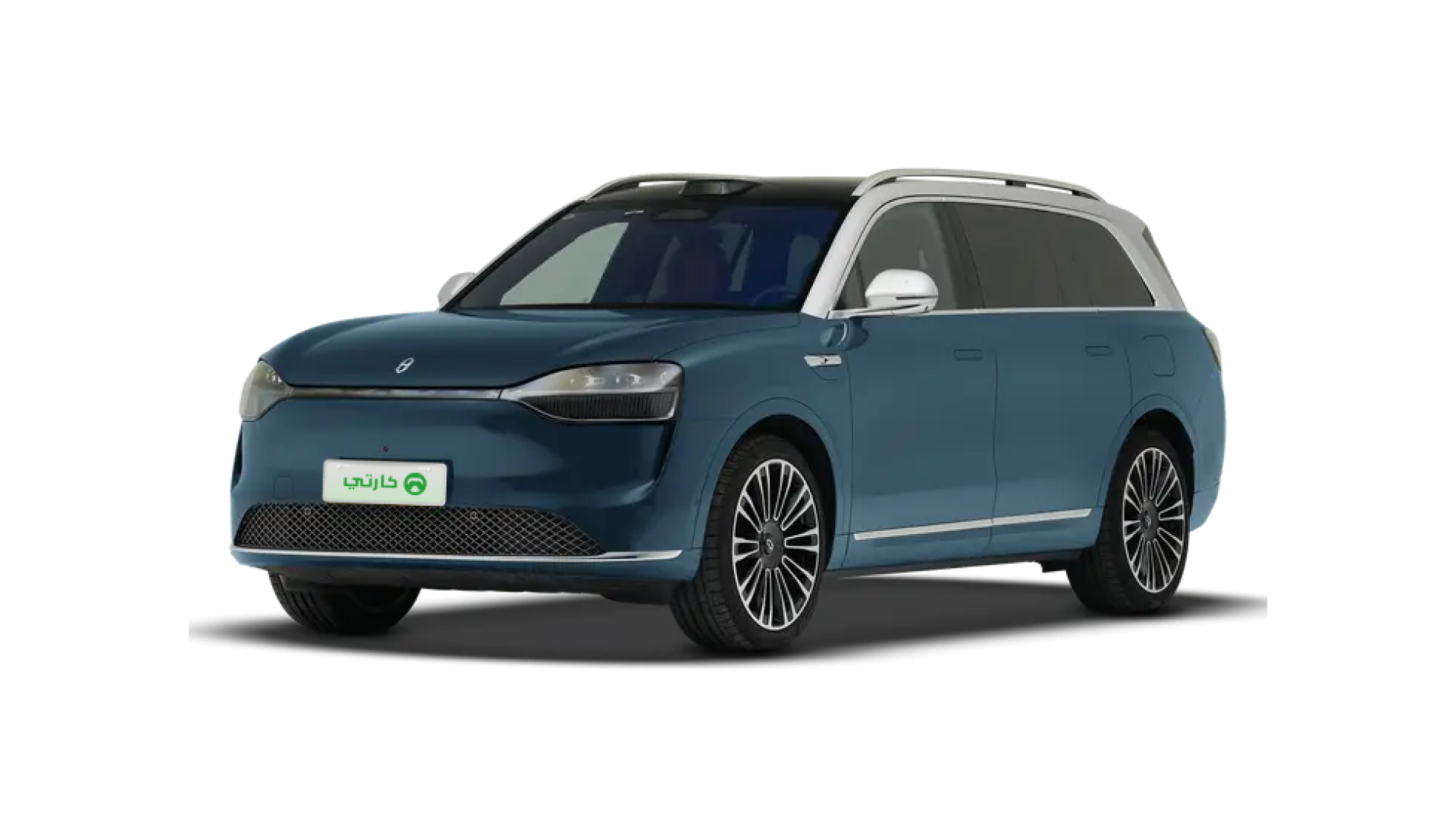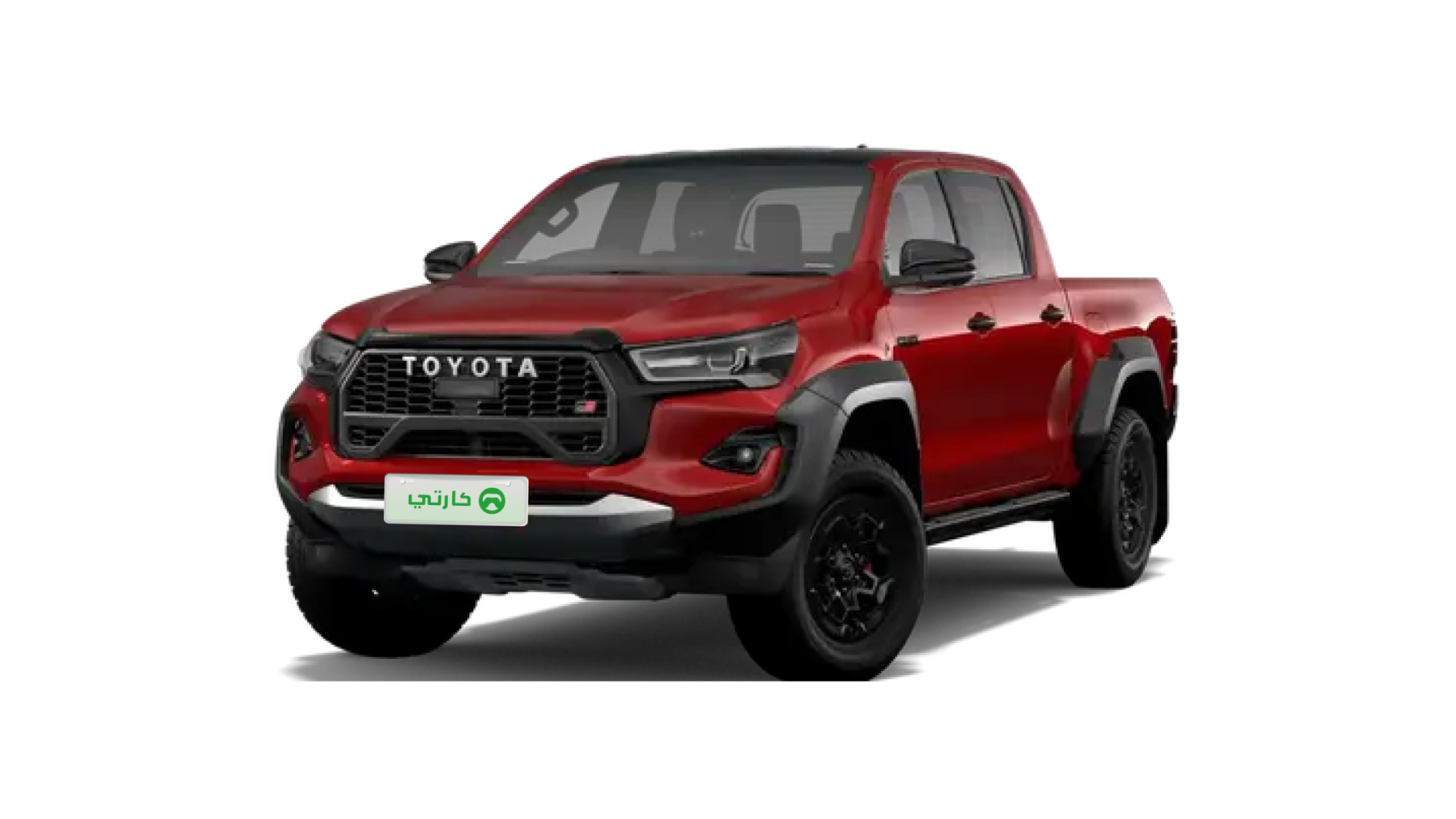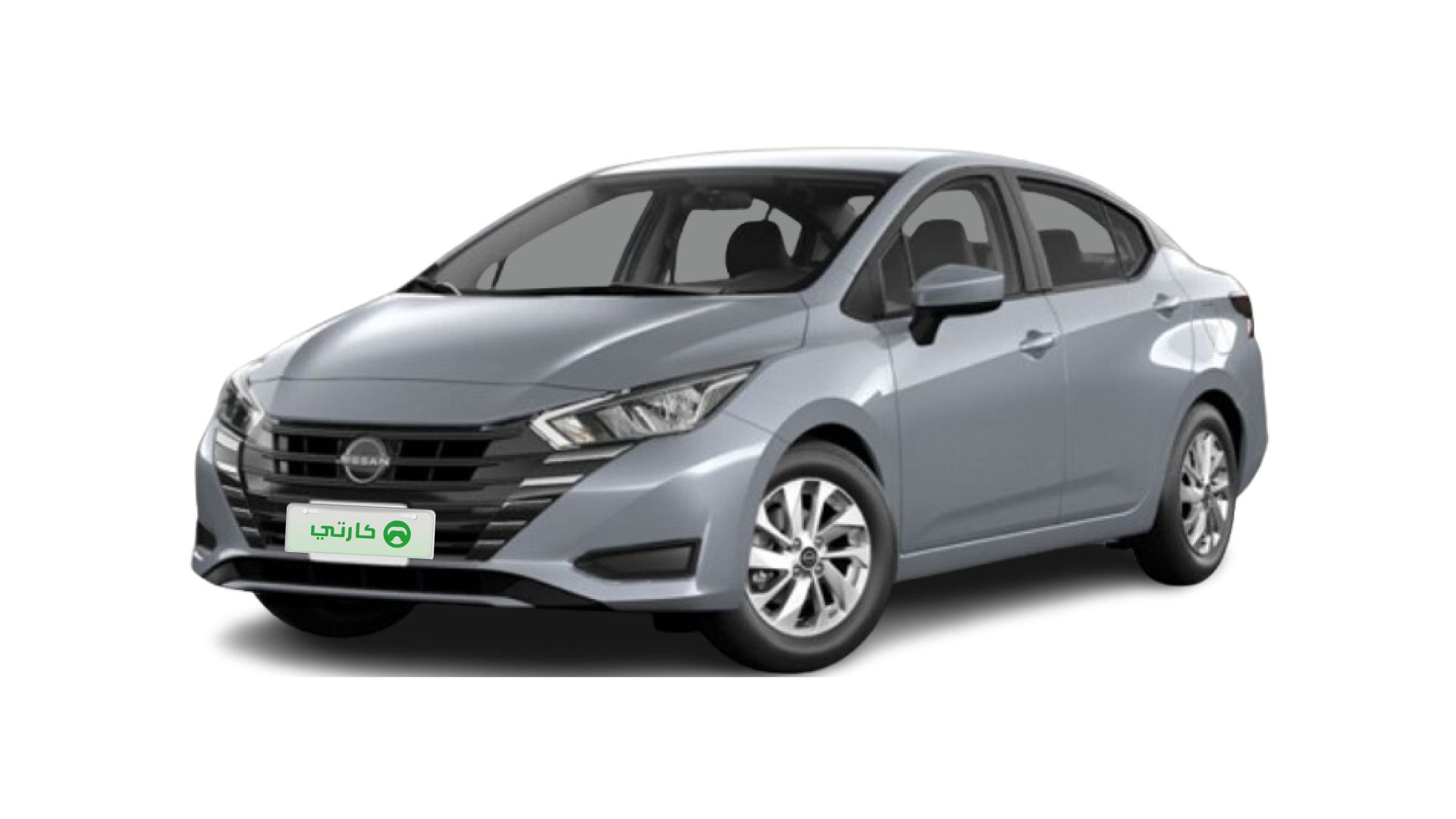Start your journey to a more efficient drive with the insights on Toyota Corolla fuel economy that can change the way you drive in 2025. In this article, you'll find clear, simple tips and strategies to help you maximize mileage and reduce fuel expenses. Read on to explore practical advice designed just for you.

How to Improve Your Toyota Corolla's Fuel Efficiency (Even in 2025)
3 Driving Habits That Make a Difference
Keep a steady speed between 80-100 km/h on highways to maintain optimal engine performance.
Engage cruise control during long drives to avoid unnecessary fluctuations that waste fuel.
Accelerate gradually instead of rapid starts; this can boost your fuel economy by up to 15-20%.
The 2025 Model's Hidden Fuel-Saving Features
The new Toyota Corolla has integrated advanced features that bolster fuel efficiency:
Feature | Improvement |
|---|---|
Battery Efficiency | 8% longer EV-mode range |
Aerodynamics | 0.25 Cd drag coefficient |
Engine Warm-up Time | Reduced by 40 seconds |
These hidden features mean that even in mixed driving conditions, you can enjoy a smoother ride with better fuel economy. The blend of traditional and hybrid systems works in harmony, giving you noticeable savings on every trip.
Why the 2025 Corolla Hybrid Excels in City Driving
Stop-and-Go Traffic Advantages
The 2025 Corolla Hybrid is engineered for city life:
When navigating congested roads, the electric motor kicks in below 40 km/h, ensuring zero fuel consumption until more power is needed.
During moments requiring extra power, the gasoline engine takes over effortlessly.
The system also features regenerative braking, which recovers up to 90% of energy lost during deceleration, turning stop-and-go traffic into an opportunity for efficiency.
Real-World Test Results in Urban Areas
During recent trials in Dubai, local drivers discovered that:
The hybrid version achieved an impressive 22.3 km/L in varied urban traffic conditions.
The conventional gasoline model, while still efficient, averaged around 16.8 km/L under the same conditions.
These figures, obtained in line with GCC certified standards, provide a realistic expectation of what you can achieve in your daily driving.
Essential Maintenance for Optimal Fuel Economy
Monthly Maintenance Checklist
To keep your Toyota Corolla running efficiently, consider the following routine checks:
Verify tire pressure regularly, aiming for a pressure of about 35 PSI to optimize contact with the road.
Replace air filters every 15,000 km to ensure proper airflow and engine performance.
Use the recommended 0W-16 synthetic oil to keep the engine running smoothly, saving you money in the long run.
Warning Signs of Poor Efficiency
Pay attention to these signals that indicate a drop in fuel efficiency:
A sudden decrease in mileage, for instance, falling below 15 km/L for gasoline models or below 20 km/L for hybrids.
Noticeable changes in engine behavior such as rough idling or delayed gear shifts could point to an underlying issue.
An unusual fuel smell near the wheels might be a sign of leaks or other performance concerns.

How Corolla Compares to Other Fuel-Efficient Sedans
2025 Compact Car Efficiency Rankings
When you put various models side by side, here's how the 2025 Toyota Corolla Hybrid stacks up:
Toyota Corolla Hybrid:23.8 km/L
Honda Civic Hybrid:22.1 km/L
Hyundai Elantra Hybrid:21.6 km/L
These rankings are based on rigorous testing under typical GCC conditions, ensuring that the data reflects what real drivers can expect in their everyday commutes.
Long-Term Ownership Costs
For many drivers, long-term fuel efficiency is key. According to UAE and Saudi dealership service records:
The Corolla Hybrid maintains about 78% of its original fuel efficiency even after 100,000 km.
This performance translates into more than just saved fuel costs – it also means lower maintenance expenses over time when compared with its competitors, saving you AED and SAR in the long run.
When assessing these savings, consider both immediate fuel expenses and the long-lasting benefits of high-quality auto care.
FAQ
What are the best fuel-saving techniques for my Toyota Corolla in 2025?
Driving habits, regular maintenance, and awareness of your vehicle’s modern features all contribute to enhanced fuel economy. By maintaining a steady speed and using cruise control, you can reduce fuel consumption significantly. It’s also beneficial to familiarize yourself with the Corolla’s hybrid systems, which are optimized for both city and highway drives. Additionally, following a strict maintenance checklist will keep your vehicle in top shape, ensuring that every part is contributing to efficient performance.
How can a hybrid system improve fuel efficiency in urban driving conditions?
In urban environments, stop-and-go traffic is inevitable, and the hybrid system in the 2025 Corolla is specifically engineered for such challenges. The electric motor takes over during low-speed driving, effectively reducing fuel usage. Meanwhile, when acceleration is needed, the gasoline engine supports with additional power. Regenerative braking further recovers energy that is typically lost, meaning your Corolla effectively uses all available power to improve mileage.
What maintenance steps are essential for keeping the Toyota Corolla fuel efficient?
Keeping your Corolla fuel efficient is all about regular upkeep. Checking your tire pressure, replacing air filters, and using the correct type of synthetic oil can make a significant difference. These steps ensure that the engine runs smoothly and that the vehicle consumes the minimum amount of fuel necessary for optimal performance. Regularly monitoring these factors and addressing any anomalies early can help maintain the high fuel efficiency that the Corolla is known for.

How does the Toyota Corolla compare to other compact sedans when it comes to fuel economy?
The 2025 Toyota Corolla Hybrid stands out with a reported efficiency of 23.8 km/L, surpassing many of its competitors in the compact sedan category. When compared to models like the Honda Civic Hybrid and Hyundai Elantra Hybrid, the Corolla provides better mileage under similar conditions. It is also designed to hold its efficiency over time, ensuring lower long-term operational costs. This balance of immediate fuel savings and sustained performance makes it a smart choice, especially for drivers in the GCC region.
This article is for reference only; please follow local laws and the latest regulations.
Read More:
How to Register a Car in Dubai:2025's Complete Step-by-Step Guide
How Much Air Pressure in Car Tires? 2025’s Guide for Safe Driving
How to Drive Automatic Car:Essential Guide for Stress-Free Driving
8 pics

测试
